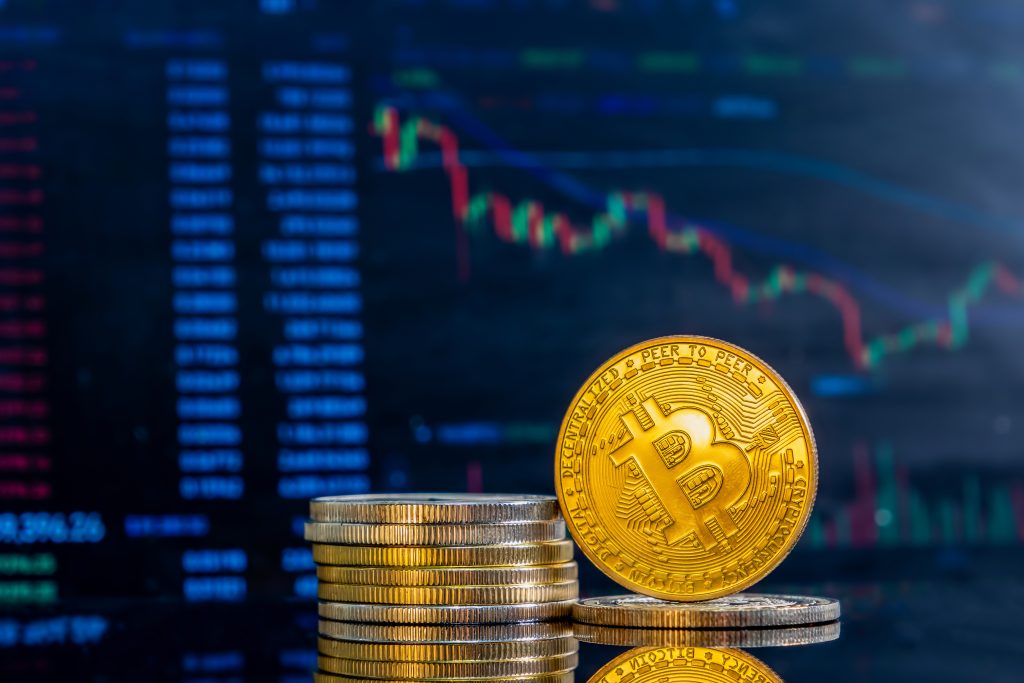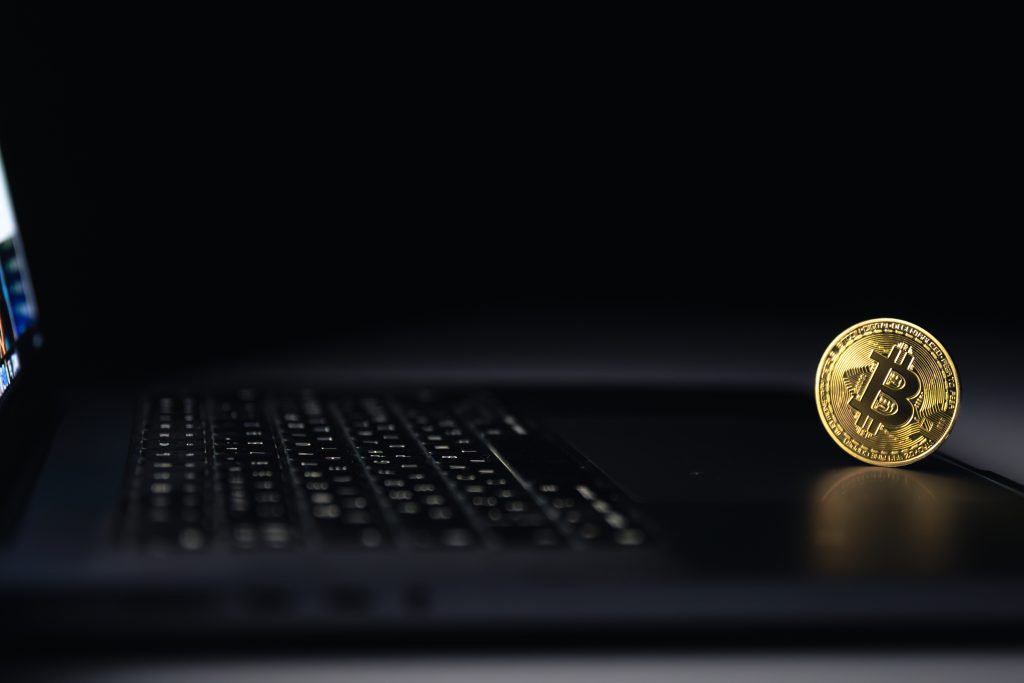In 2025, Dubai is more crypto-friendly than ever when it comes to real estate. Thanks to regulatory advances, blockchain initiatives, and ambitious digital infrastructure plans, you can now convert digital assets into tangible property with legal protection and official backing.
According to real estate analysts, more developers and brokers are accepting Bitcoin (BTC), Ethereum (ETH), stable coins like USDT, and even exploring tokenization of real estate assets.
However, it isn’t as simple as “send crypto and get title.” You must understand local regulations, legal conversion steps, registration in AED, tax issues, and smart contract or escrow mechanisms. This guide walks you through the process step by step.
1. Understanding the Legal & Regulatory Landscape
1.1 Virtual Assets Regulation in Dubai (VARA) & DLD cooperation
- Dubai’s Virtual Assets Regulatory Authority (VARA), established in 2022, plays a central role in regulating crypto and digital assets in the emirate.
- The Dubai Land Department (DLD) has partnered with crypto platforms (e.g., Crypto.com) to develop blockchain-based real estate transaction systems.
- The government is launching a real estate tokenization platform (Prypco Mint) using the XRP Ledger to issue tokenized title deeds, which can facilitate fractional ownership and streamlined transactions.
These frameworks aim to make crypto-based property transactions more secure, efficient, and compliant with UAE law.

1.2 What is and isn’t allowed: Crypto → AED
- Legally, while developers and projects may accept crypto in principle, all official property registration and final settlement must be in UAE dirhams (AED). That means your crypto often must be converted or settled via an authorized channel before registration with the Land Department.
- Some “crypto payment” deals essentially involve an intermediary or service provider converting your crypto to AED before paying the seller, thus hiding much complexity.
- Tokenization and fractional ownership are emerging but not yet fully mainstream. Pilot programs sometimes restrict conversions or only allow AED-based trading initially.
1.3 Risks & Legal Caveats
- Volatility Risk: Crypto prices fluctuate, so locking in a price early or using stablecoins is safer.
- Regulatory Risk (Home Country): Your home country may tax crypto-to-fiat conversions, capital gains, or deny cross-border transfers.
- Limited Inventory: Not every developer or seller accepts crypto; deals are more common in luxury or off-plan projects.
- Compliance & AML (Anti-Money Laundering): Expect rigorous KYC (Know Your Customer) and proof-of-funds checks to avoid regulatory or blocking issues.

2. Which Developers & Brokers Actually Accept Crypto in 2025?
- Developers such as DAMAC have struck deals to tokenize their assets using blockchain platforms (e.g., with MANTRA).
- Many brokers in Dubai now advertise crypto-friendly listings.
- Platforms such as CryptoRealEstate.cc list properties in Dubai where crypto is accepted.
- Some local firms (e.g. PSI) offer “crypto payment property services”; they accept BTC, ETH, and USDT, convert to AED, and handle formal registration.
- Exchange Desk is cited as enabling crypto payments (BTC, ETH, USDT, USDC) for Dubai properties via regulated paths.
But always check the specific project and stage (off-plan vs ready) as acceptance varies.
3. Step-by-Step: How to Buy a Dubai Property with Crypto (2025)
Below is a super-practical workflow to guide your purchase:
| Step | What You Do | Key Notes & Warnings |
| 1. Do your market research & budgeting | Identify areas, developers, and listings that accept crypto. Make sure they are RERA-registered and listed on Simsari (official listing portal). | Filter for crypto-friendly developers and check how much of the payment they accept in crypto. |
| 2. Engage a specialized real estate agent or broker | Use a broker experienced in crypto real estate to help structure the deal. | They can help match you with sellers accepting crypto, structure escrow, and interface with exchanges. |
| 3. Agree on terms & fix the price in AED | Negotiate and fix in AED terms (e.g. “AED 3,000,000 payable via crypto equivalent”). | Fixing the AED amount protects you from crypto volatility and ensures clarity at registration time. |
| 4. Use an authorized channel for crypto conversion or escrow | Transfer your crypto to a regulated service/exchange that converts to AED, or to an escrow that handles the conversion. | Many so-called crypto property services convert behind the scenes. Some platforms (e.g. Exchange Desk) automate this. |
| 5. Sign a Sales & Purchase Agreement (SPA) | Formalize agreement, including details of crypto conversion, timeline, deliverables, and penalties. | Use legal counsel to include clauses for crypto fluctuations, conversion fees, default, etc. |
| 6. Deposit downpayment/escrow | Transfer the downpayment via the agreed method (crypto → converted AED or partial direct crypto) to escrow. | Ensure the escrow agent is trusted, regulated, and transparent. |
| 7. Monitoring, milestones, and tranche payments | For off-plan or staged builds, payments might occur in phases. Confirm that each payment is correctly converted and tracked. | Watch for slippage in conversion rates or delays. |
| 8. Final settlement in AED & title registration | At closing, the converted AED amount is used for final settlement with the seller. The property is registered in your name with the Dubai Land Department (DLD). | The Land Department will only register in AED. Ensure all fees (transfer, registration) are cleared. |
| 9. Take possession & manage property | Once registration is completed, collect keys and begin occupancy or leasing. | Ensure utility connections, service charges, etc., are all formalized. |
4. Special Mechanisms & Innovations in 2025
4.1 Tokenization & Fractional Ownership
- Through platforms like Prypco Mint, real estate is being tokenized so that buyers can purchase fractional shares of properties via blockchain.
- Some tokenization projects currently operate under pilot mode and limit crypto-to-AED conversions at first.
- This model reduces capital burden and opens access, but has additional liquidity and legal risks.

4.2 Blockchain-based Property Platforms
- DLD’s partnership with Crypto.com aims to create a blockchain-enabled real estate transaction infrastructure.
- The goal is to digitize verification, custody, settlement, and record linkage to property registries.
These innovations are making the process more seamless over time, but early adopters still need to navigate manually.
5. The Real Picture: Power, Peril, and the Fine Line Between Them
The Advantages: Why It’s Worth the Leap
Global access. Infinite reach
Borders vanish when you buy property in Dubai with crypto. You don’t need to fly, wire, or wait. You just move digital wealth into tangible luxury, and step straight into a global market without friction.
Speed meets transparency.
Blockchain doesn’t wait for bankers. Every transaction is traceable, timestamped, and tamper-proof. Smart contracts cut out layers of bureaucracy, replacing paper trails with code that executes trust.
Wealth, diversified and de-risked.
Crypto is power, but it’s also volatility on steroids. Converting part of it into Dubai property, a stable, appreciating asset, is how smart investors balance risk with reward. It’s where digital speculation meets real-world security.
Regulation that backs innovation.
Dubai isn’t resisting crypto. It’s leading it. With VARA’s frameworks and DLD’s blockchain integration, the emirate is quietly shaping the world’s most sophisticated crypto-real-estate ecosystem. Here, innovation isn’t a risk; it’s policy.

The Risks: What You Need to Respect
Volatility: your biggest double-edged sword
One market swing can erase value before the ink dries. Lock in your rate early or watch profits evaporate mid-transfer.
Counterparty risk: when trust meets technology
Not every intermediary is equal. Some platforms delay, overcharge, or worse — disappear. Work only with regulated players who have a name to protect.
Liquidity and resale: the exit paradox
Buying with crypto is easy. Selling with it? Not always. Many future buyers still want fiat, meaning you’ll often have to convert back before you can cash out.
Regulatory gray zones
Dubai may welcome crypto, but your home country might not. Stay compliant on both sides of the border. A misstep with taxes or transfer rules can undo every advantage you’ve built.
Limited inventory, growing demand
Only select developers accept crypto, usually in high-end or off-plan projects. Expect choice, but not abundance. The trend is expanding, but exclusivity still defines the game.
6. Winning the Game: Proven Practices of the Crypto-Property Elite
1. Fix the AED amount
Never gamble on exchange rates. Peg your deal to a specific AED figure and freeze the volatility where it belongs: outside your contract.
2. Favor stablecoins
USDT. USDC. Predictable. Liquid. They’re your shield against market whiplash between wallet and escrow.
3. Work only with crypto-literate experts
Not every real estate agent speaks blockchain. Choose brokers and lawyers who understand the code and the contract, the crypto, and the clause.
4. Verify every license
Your converter, escrow, and intermediary should be licensed and transparent. If they dodge your questions, walk away. Fast.
5. Create your audit trail
Every wallet transfer, every transaction hash, every receipt, document it. In crypto, your record is your protection.
6. Know your tax story before you tell it
Dubai may not tax your gains, but your home country might. Get clarity before the deal, not panic after.
7. Think long-term: plan your exit now
Will you sell for crypto again? Convert to fiat? Lease for yield? A strategy written today is worth ten reactions tomorrow.

7. Sample Hypothetical Scenario
Suppose you are holding 50 BTC and want to buy a villa in Dubai priced at AED 7,500,000. You find a developer offering crypto payments = 60% of the total in crypto, the rest in AED.
- You agree: “AED 4,500,000 payable via crypto (BTC equivalent at agreed exchange rate), AED 3,000,000 in AED via bank transfer.”
- The broker sends you a conversion link or escrow to convert your BTC to AED via a licensed exchange.
- You transfer 50 BTC → escrow, which immediately converts to AED 4,500,000 (minus conversion fee).
- Upon milestone completion, the developer receives AED. At final settlement, all remaining fees and registration costs are in AED.
- The title is registered in your name with DLD, in AED, and the property is handed over.
FAQs
Is it legal to buy property in Dubai with Bitcoin or crypto?
Yes, while final registration must be in AED, Dubai allows property transactions backed by crypto via regulated conversion channels.
Which cryptocurrencies are accepted?
Common ones include Bitcoin (BTC), Ethereum (ETH), USDT, USDC, and possibly others, depending on the broker or developer.
Do I have to convert crypto to AED?
Yes, official registration and settlement must be done in AED, so conversion through a regulated intermediary is required.
Can I buy fractional ownership via tokenization?
Yes, fractional ownership is emerging in Dubai via tokenization platforms (e.g. Prypco Mint), but these are still being rolled out and may have restrictions.
Are there additional fees or hidden costs?
Yes, conversion fees, escrow charges, developer margins, registration fees, real estate agent fees, and legal costs. Always read the contract.
What about taxation?
While Dubai has no capital gains tax on property, your home country may impose tax on crypto-to-fiat conversions or foreign property. Consult tax professionals.
How soon will this become mainstream?
Given current momentum and government backing, crypto-enabled real estate in Dubai is likely to become more widespread by the late 2020s, but for now, deals are still niche and require care.

